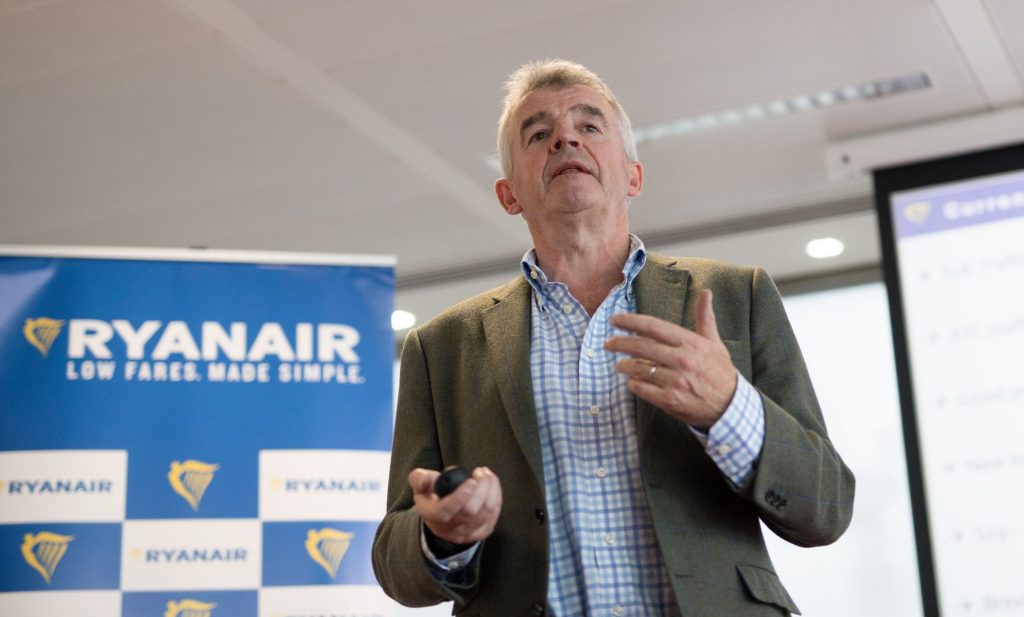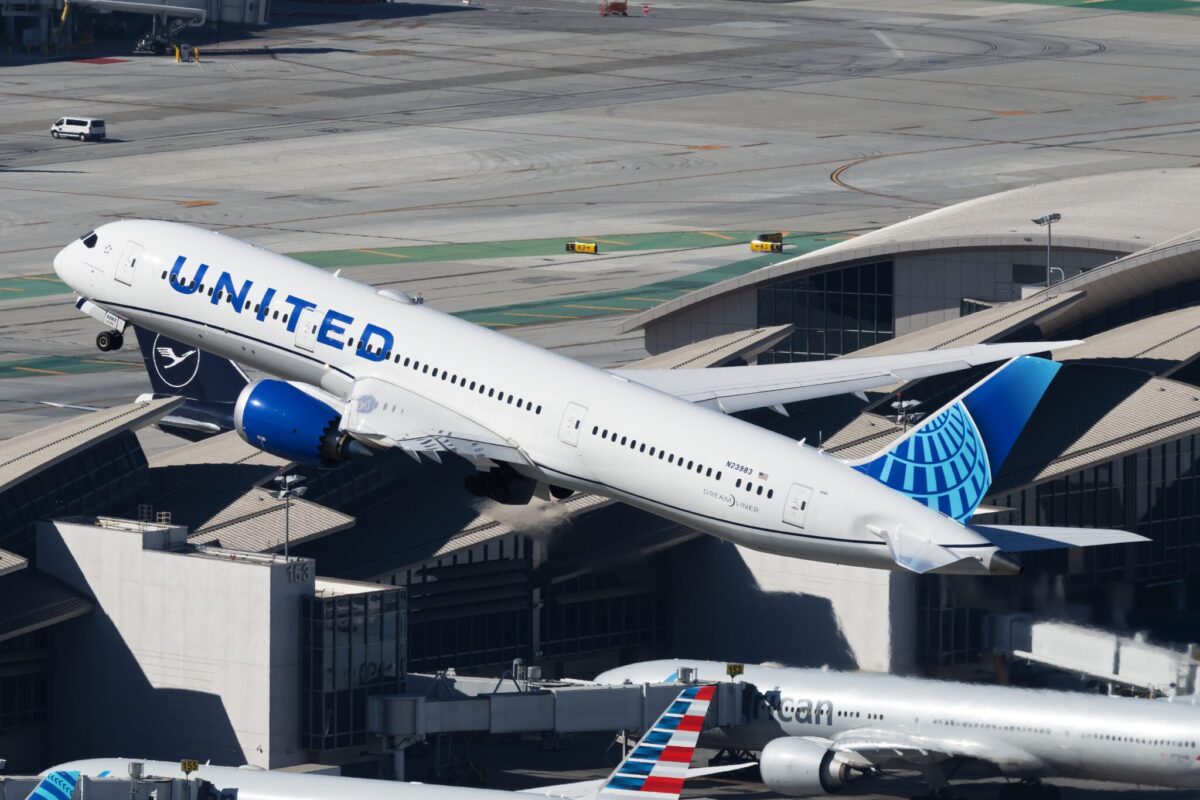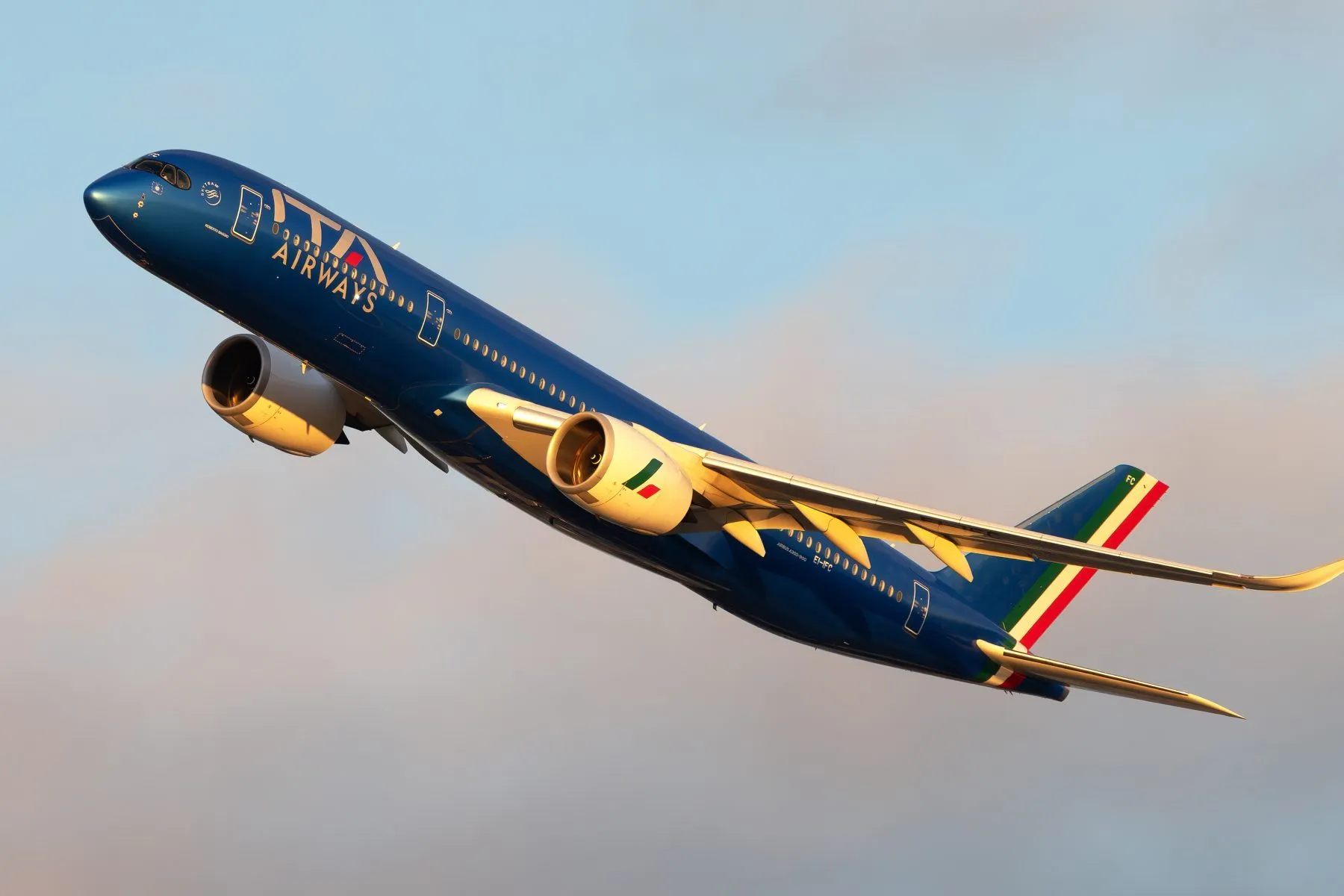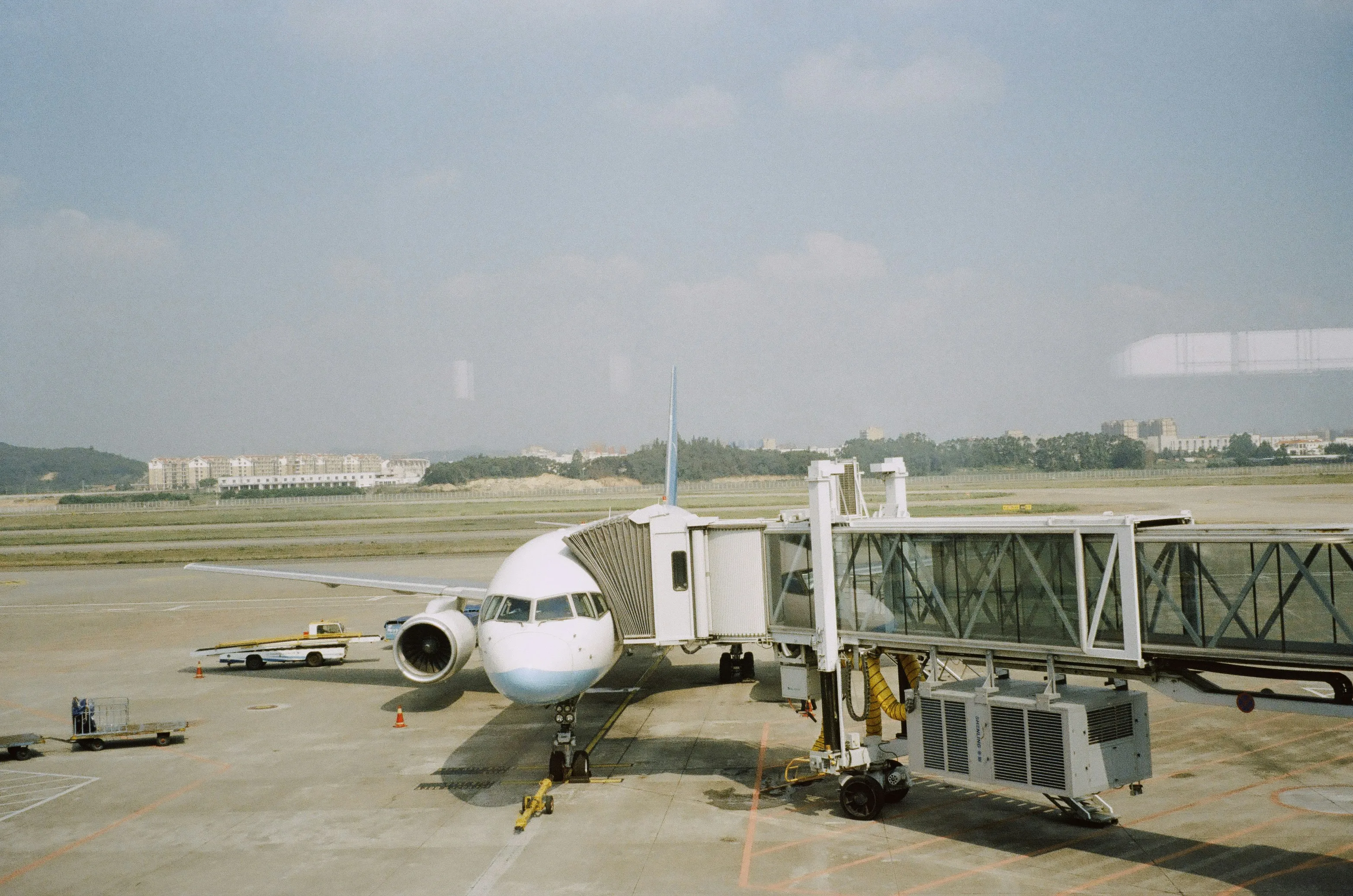Boeing Delivery Delays are ‘Pain in the Backside’ Says Ryanair CEO

Skift Take
Ryanair warned Monday of a continued hit to passenger growth amid Boeing delivery delays. Europe’s biggest airline expects to carry 210 million passengers next year, down from the previous target of 215 million. It comes as the company reported a fall in first-half net profit of 18%, slightly below analyst forecasts.
Multiple factors are at play, but a shortage of new aircraft is one of the biggest headaches. Ryanair was due to receive 11 Boeing 737 Max planes in the October to December quarter. Only two are now expected during that period.
Ryanair CFO Neil Sorahan said the Boeing machinists strike meant delivery of the other nine planes will likely slip to the January-March quarter.
The carrier originally planned for 29 new jets ahead of next year’s peak. Sorahan cautioned that further deliveries ahead of the all-important summer season may also be delayed. “I think some of those are going to slip. We’re not going to get them all ahead of summer 2025. We might get 15 [new planes]. At this stage it is sensible to plan our business on the basis of slower growth next year,” said the CFO.
Despite Ryanair trimming its passenger forecast, the 210 million figure would still represent a 5% increase in annual traffic. It’s up - just not as much as growth-hungry airline executives would like.
On Monday, the company confirmed that it expects to carry 198–200 million passengers in the financial year ending March 2025. For context, by the mid-2030s it wants to attract 300 million passengers annually.
O’Leary Keeps Pressure on Boeing
Also speaking on Monday morning was Ryanair Group CEO Michael O’Leary. He described the delays as “a pain in the backside,” as he continues to talk with leaders at the planemaker.
“We’re still working closely with Kelly Ortberg, Stephanie Pope, and the team to accelerate deliveries as best we can. However, the risk of delays is rising. I think we need to accept that we’re not going to get all 29 of those aircraft in advance of summer 2025,” he said.
O’Leary wants to avoid a repeat of this summer where the airline was “over-scheduled, over-crewed and over-costed” due to a mismatch in resources and operations.
In line with other affected customers, the Irish low-cost carrier has received compensation from Boeing for the delays. However, O’Leary questioned the amount and the format of the financial redress. “We are receiving modest compensation, but Boeing wants to restructure the compensation so it’s coming in the form of maintenance credits. It is not significant. It certainly doesn’t offset the loss of the five million passengers, or the further five million passenger loss in [financial year] 2026.”

Earlier this year, the Federal Aviation Administration said it would not grant an expansion of production for the 737 Max program. This followed a serious incident onboard an Alaska Airlines plane on January 5 when a door plug blew off mid-flight. Even when the current machinists strike is resolved, the FAA decision will make it harder for Boeing to ramp up deliveries to airline customers.
All Eyes on the Max 10
The Ryanair Group had 172 Boeing 737 Max jets in operation as of October 31. Its total fleet comprises 608 planes. The company is keen to receive the new aircraft as they are cheaper to run and can carry more passengers at a lower average cost than older models.
After the current set of 737 Max 8 planes is handed over to Ryanair, no further deliveries are due until 2027. Notably, these are for the 737 Max 10 aircraft that is yet to be certified by aviation regulators. It is larger than the Max 8 and will be the biggest plane in the Ryanair fleet.
Speaking on Monday, Sorahan appeared confident that despite supply chain problems and regulatory hurdles, Ryanair’s current timeline could be met.
“The Max 10 won’t be certified until the [smaller] Max 7 is certified. We understand that the Max 7 is on track to be certified in the first half of 2025. If that happens, then I think there’s a very good chance that the Max 10 will be certified in H2 of 2025. That will put us on the road to receive our first Max 10 in the first half of 2027,” said the Ryanair CFO.
European ATC a ‘Shambles’
Looking beyond aircraft bottlenecks, O’Leary also took issue with another of his favorite gripes, describing air traffic control across Europe this summer as "a shambles."
"We had record ATC delays, particularly on the first wave of departures. This is due to ATC short staffing, and the staff they have not turning up to work. It’s completely unacceptable. There’s no reason why that first wave of flights should be delayed as there’s nothing up in the sky.”
O’Leary called for two changes to improve the situation: more ATC staff, particularly for early morning departures, and the right for planes to overfly countries during national ATC strikes. “If [the European Commission] implemented those two simple measures, both of which are within their legal power, you’d eliminate about 90% of ATC delays, and there would be a huge environmental gain for the industry,” claimed O’Leary.
Ryanair's average fares fell 10% in the six months to September 30. The airline cited consumer cost-of-living pressures and continued high interest rates as key factors. O'Leary said the fall in airfares “appears to be continuing to moderate,” but the airline “remains cautious on the Q3 average fare outlook.”
Ending on a more optimistic note, the Ryanair chief described forward bookings and demand for the current third quarter (October through December) as "strong."
Skift has contacted Boeing for comment.
Airlines Sector Stock Index Performance Year-to-Date
What am I looking at? The performance of airline sector stocks within the ST200. The index includes companies publicly traded across global markets including network carriers, low-cost carriers, and other related companies.
The Skift Travel 200 (ST200) combines the financial performance of nearly 200 travel companies worth more than a trillion dollars into a single number. See more airlines sector financial performance.





